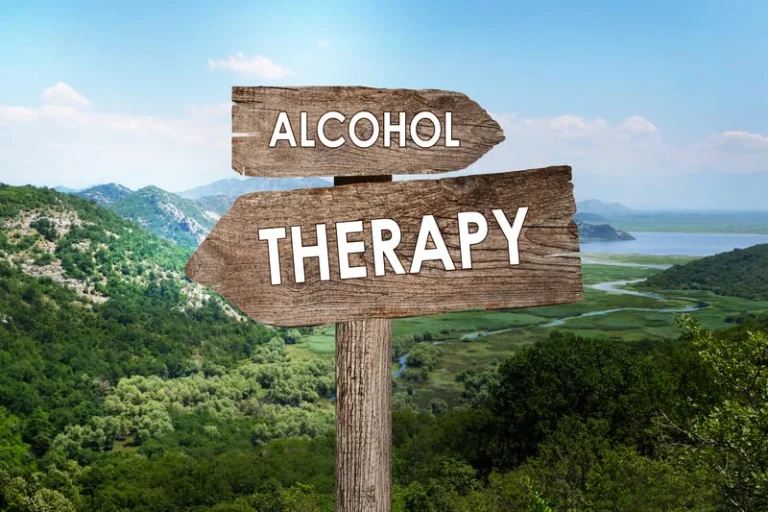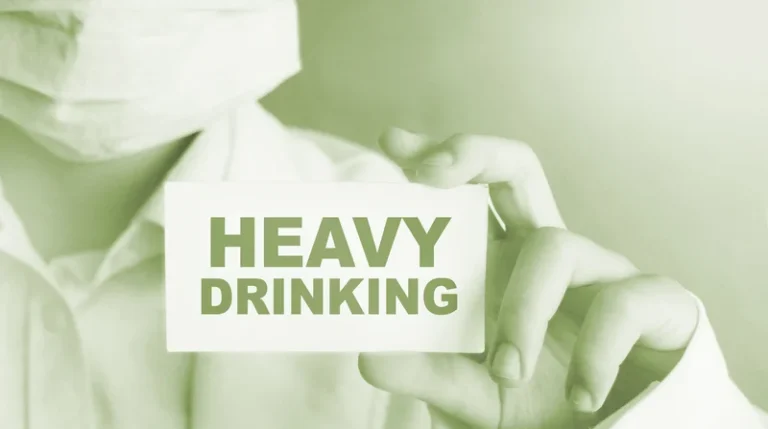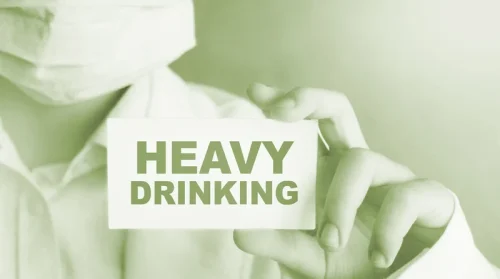A Spiritual Inventory

It is the emptiness we feel on such a deep level that we turn to self-medication in order to alleviate the sadness and despair that go hand in hand with. But in our quest to fill this void with any and everything we can think of, we completely miss that the only thing that can actually fulfill us a spiritual connectedness to something greater than ourselves. When the Big Book of Alcoholics Anonymous was written and published in 1939, the times and language of those times was incredibly different than modern times. This is one of the reasons that Big Book study groups have become so popular among recovering alcoholics. Old timers and recovering people with more experience can explain in layman’s terms just what the author Bill W. Was trying to relay in a far more easily digestible fashion.

A Judgy “Higher Power”
- We must live our lives selflessly and show our gratitude to a higher power for the lives that we live and the opportunity to have a second chance at life.
- Spending time with God and reading His word is a big part of keeping our minds healthy and grounded in truth.
- This includes addressing the mental, physical, and spiritual elements of addiction.
- It’s the “spiritual malady”, as manifested by my EGO (selfishness—self-centeredness), that can eventually lead me back to drinking or sometimes even suicide.
- It can also lead to other problems, such as alcohol abuse or other addictions.
A successfully performed spiritual assessment can have several positive effects on patient care. First, in allowing the patient to express what is spiritual malady their spiritual beliefs combined with careful listening, the healthcare team member attempts to strengthen the therapeutic alliance with the patient. The spiritual assessment also allows the patient to help the provider understand the context in which the patient makes their healthcare decisions. The healthcare team member can help the patient marshall the spiritual resources with the information gathered from the spiritual assessment.
What Is the “Spiritual Malady” in AA?
- Many of us say that we have the right to do whatever we want to our own bodies.
- In the 12-Step Program, integrating a higher power into our lives is a cornerstone of combating addiction.
- It is a reality of my powerlessness and unmanageability and enables me to see why I so desperately need to seek a Power Greater than myself.
- The 12 Steps address spiritual malady by integrating a higher power, promoting spiritual awakening, and involving steps like moral inventory and admitting wrongs, which are crucial for spiritual healing.
The mind and alcoholism are so cunning, baffling, and powerful that we often cannot fathom how we ended up intoxicated when relying on our strong willpower to stay sober. This very much resonates for me, as one who has suffered intense anxiety. I spent my whole life as a self-improvement project and spiritual seeker, desperately trying to find ways to fix myself. Turning within is so difficult, as is forgiving myself, but that’s where the real healing has been.
Want to display this recovery calculator on your own web page?
- But we saw that it really worked in others, and we had come to believe in the hopelessness and futility of life as we had been living it.
- Now, the mental obsession is how our minds have been conditioned to crave alcohol and preferred illicit substances.
- With us it is just like that.” Thankfully, the “spiritual malady” is no longer a “missing piece” of Step One for me.
- Plus, we’re always introducing new features to optimize your in-app experience.
- This spiritual disease is not a physical ailment but a profound affliction of the spirit, manifesting as a sense of emptiness and disconnection from oneself and the world.
Engaging in acts of service is a powerful way to foster empathy, strengthen spiritual foundations, and counteract feelings of isolation. Caring for others and acting for the welfare of the community are signs of spiritual wellness. Volunteering time and resources to help those in need can build empathy and provide a sense of belonging and purpose, while also helping us understand our emotional natures. Enhancing spiritual life on a daily basis encompasses practices like meditation, mindfulness, gratitude, and acts of service. Spiritual wellness involves developing a purpose in life and having a clear sense of right and wrong. Connecting to inner and outer worlds and living by one’s values and purpose are also vital.
What are the symptoms of spiritual malady?

Without addressing this spiritual malady, we have absolutely no hope for intrinsic change or recovery. It is this notion that the fellowship of AA was founded upon, and how millions of recovered alcoholics equate their success in overcoming a seemingly hopeless situation. The only solution to a spiritual malady is a spiritual awakening. Only once we open the spiritual channels and begin to accept a Higher Power into our lives can we hope to find a solution to our alcoholic condition.
The spiritual malady and addiction
Some people can have one Christmas cookie and they’re good. But for food addicts—because of their body’s “allergy” to sugar or processed foods—one Christmas cookie leads to a dozen. Another problem is the “flavor” of spirituality as it appears in many AA communities, texts, and discussions.
This spiritual connection provides a sense of peace and purpose that can be transformative. Surrendering to a higher power enables us to tackle the deep-rooted spiritual malady that drives our addiction. It is important that when we embark upon this quest to alleviate our spiritual malady Halfway house that we are not too harsh on ourselves. No one is perfect at first when attempting to live a spiritual life, especially when we are coming back from a long spiritual hiatus. What is important though is that we strive to be a little better every single day and never give up on our spiritual journey in recovery.
In fact, it’s wise to practice discernment and caution here. The basic philosophy that accompanies most spiritual healing traditions is that when we are disconnected from the Divine, we are severed from true well-being. Taking time for reflection, pondering the significance of life events, and practicing forgiveness and compassion are key practices for spiritual wellness. Daily gratitude and journaling help recognize and appreciate the positive aspects of life, fostering spiritual growth. Living by the principles of AA helps maintain spiritual fitness and reduces the influence of spiritual maladies. Daily practice of these principles can lead to sustained sobriety and spiritual development.
From admitting powerlessness over alcohol to making a moral inventory and admitting wrongs, each step plays a crucial role in spiritual healing. Many people are initially turned off to the idea of the program because they believe it preaches religion and God, and many addicts and alcoholics have no desire to pursue a religious answer. But the beauty of the 12-steps is that they are spiritually based as opposed to religious. What that means is that all that is required is the belief in a power greater than yourself. There is no church you must attend or strict practices you must adhere to in organized worship of said higher power, it is a completely individual and personal experience. This spiritual malady, or spiritual disconnection, is the driving force behind our addiction and self-destructive behaviors.

It doesn’t matter what your Higher Power is; what matters is that you believe in something that can help guide and support you on your journey to recovery. Here are some things you can do to work through your spiritual malady even if you don’t believe in God or have an understanding of your higher power. As we work towards this state of selflessness we find that we are slowly being relieved of the hopeless alcoholic state we once thought we were doomed to be in forever. It is constant maintenance of being spiritually connected with a god of your understanding. It is strange paradox, the more you focus on helping others, the more you discoverhow much you matter.
